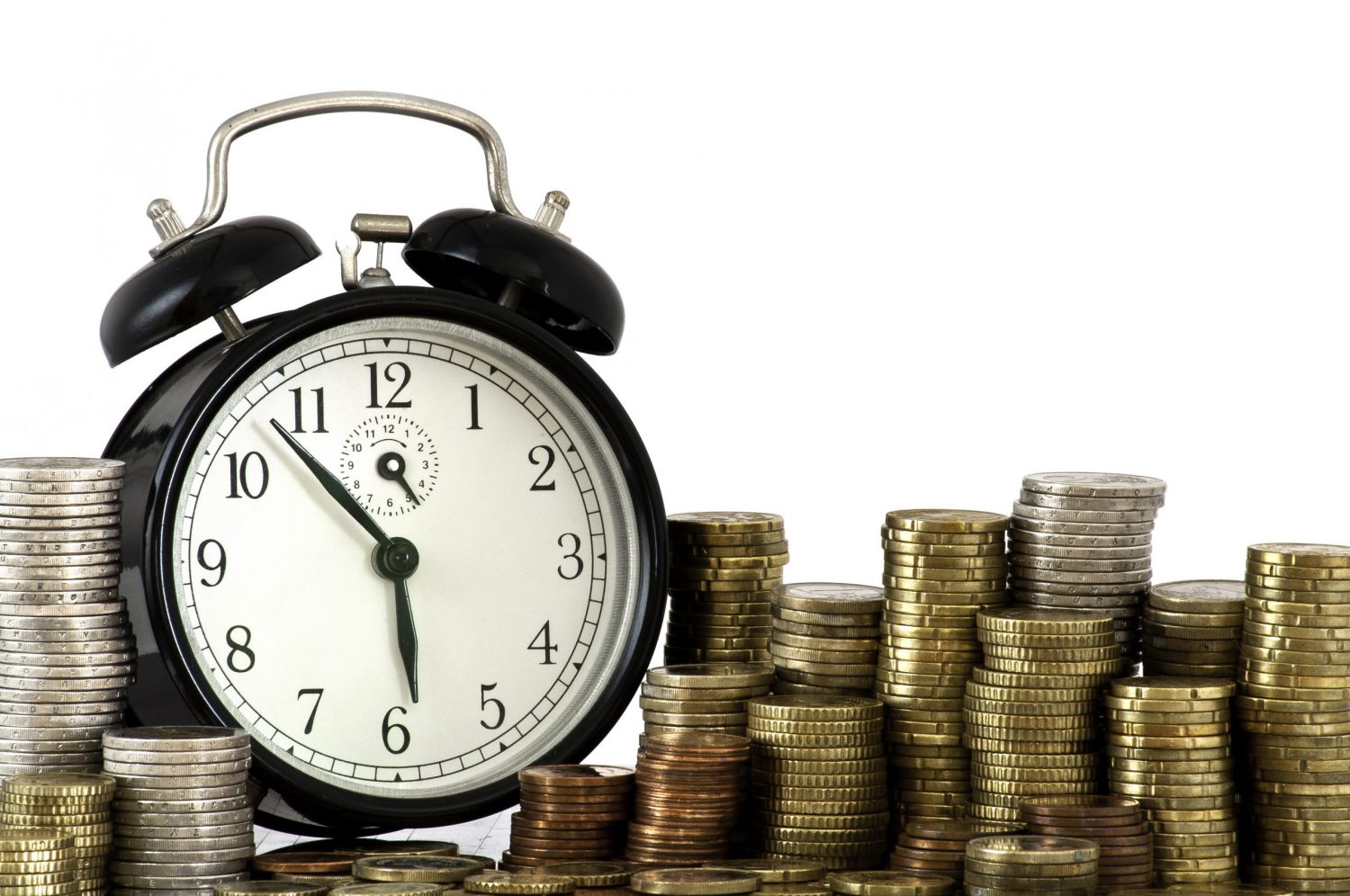Once you are out of school, your student loan burden can begin to feel very real and very scary. Ideally, you want to get out from under it as quickly as possible, but that can be challenging when you are just starting in the workforce.
While it might seem obvious that paying more whenever you can help, it may not be clear how much it can help or if there are any other issues you should consider. In this article, you will learn how paying more of the principal can positively impact your student loans.
Consider the Larger Financial Picture First
While a student loan burden is something most people want to get rid of sooner rather than later, it’s essential to consider your current financial situation before deciding to pay more of the principal.
You don’t want to put extra money toward your student loans for one month, only to end up unable to pay anything at all the following month. Once additional funds have been applied to the principal, they don’t count toward the next month’s payment. You still have to make regular payments regardless (although they may be slightly reduced as a result of the principal being lower).
You should consider each of the following factors when determining whether you are in a financial position to begin paying down your student loans faster:
- Do you have emergency funds set aside? A common rule of thumb is to have the equivalent of three to six months’ worth of expenses saved up in case the unexpected happens (job loss, medical emergency, etc.).
- Have you started saving for retirement? While paying down your student loan principal allows you to pay less interest, adding money to a retirement account also earns you money as interest. And if your employer matches your retirement contributions, that could be a significant amount of money. Remember that the more you can save for retirement early on, the more that saved amount will accrue interest.
- Have you paid off other higher-interest debts? Any debts that have higher interest rates than your student loans should be paid off first (unless paying them sooner would incur significant prepayment penalties). Your money will always go a lot further toward reducing your loan burden by eliminating the highest-interest debt first.
If you answered yes to all of the above, then you are in a good place to begin tackling your student loan balance more aggressively.
Paying More Sooner Saves More Later
Because of how interest accrues, the more you can pay toward the principal early on, the more money you can save in the long run. Suppose, for example, that you have a loan with an interest rate of 6% and a 10-year term. If you pay the principal down by just $100 at the start of the term, you will pay $60 less of interest over those 10 years.
An extra $100 payment made one year into the loan would save $54. If that payment was made five years in, you would save $30, and so on. The earlier an extra principal payment is applied, the less interest that amount of principal will be able to accrue, and the more money you will save over the lifetime of the loan.
But again, as a word of caution, it is in your best interest not to make these extra payments until you are financially stable. Otherwise, those savings can be quickly eradicated by missed payment penalties down the road or higher interest accruing on other debts.
Loan Prepayment Penalties
A prepayment penalty is a fee assessed when all or part of a loan is paid off earlier than the pay schedule dictates. This might sound like a strange idea at first because the lender would presumably like to get their money back as quickly as possible. But lenders count on accrued interest payments as well, and when a loan is paid off early, they miss out on that money, which is why some of them charge fees.
There is good news, however, when it comes to education loans. The Higher Education Act (HEA) of 1965 stated that borrowers of federal student loans could prepay any or all of their loans at any time without penalty.
The Higher Education Opportunity Act (HEOA), enacted in 2008, extended this protection to private education loans as well. What this means is that there are no prepayment penalties on your student loans regardless of whether they are private or federal and who your lender or loan servicer is.
How Much Can You Save by Prepaying?

The amount you will save thanks to prepaying depends on many factors, including:
- Total loan balance
- Interest rate
- Loan term
- Amount of additional payment
As an example, let’s look at the numbers for a $35,000 loan (which is close to the average student loan amount) on a 10-year payment plan using an interest rate of 4.53%, which was the fixed rate for undergraduate federal loans for the 2019-2020 school year.
Based on these numbers, the minimum monthly payment would be $363 per month, resulting in a total of $43,589 paid over 10 years. Adding $50 to each monthly payment would pay the loan off about one year sooner and save a total of $1,257. An extra $100 per month pays the loan off in eight years with a savings of $2,230. If you were able to double your minimum payments, the loan would be paid off in half the time with a savings of nearly $5,000.
Paying more on the principal doesn’t just pay your loan off sooner, it also pays your loan off with less money. To see how much you could save using your loan balance, interest rate, and payment terms, look for an online loan calculator and plug in your numbers.
Reasons NOT to Pay More Principal
There are some circumstances in which paying more toward your principal is not in your best interest. Some programs facilitate student loan forgiveness and even cancellation if you work in specific fields or meet other criteria.
The Public Service Loan Forgiveness (PSLF) will forgive the remainder of your loan if you make 120 qualifying monthly payments while employed by the government or a nonprofit organization. To save with this program, you would need to have a payment term greater than 10 years with monthly payments based on your income. All you need to do is make your minimum payments for 10 years, and the rest of the loan balance goes away. In this case, paying any extra principal would be lost money.
The Teacher Loan Forgiveness Program will forgive up to $17,500 of federal loans if you work full time for five consecutive years at a low-income school.
Other programs allow for the discharge of your loans if your school closes, loan cancellation based on volunteer service, or loan discharge due to disability.
Making Sure Extra Payments Are Handled Correctly
If you do decide to pay the principal down early, note that it may not be as simple as sending larger checks to your loan servicer. Some servicers will apply part of your check to your current minimum payment, and the rest to the following month’s payment instead of reducing the principal.
They may also distribute any extra funds equally among all of your outstanding loans, regardless of which one has a higher interest rate. It always saves you more to pay down the higher-interest loans first.
The Consumer Financial Protection Bureau recommends sending a letter to your loan servicer stating exactly how you want any extra payments to be applied. Alternatively, you can opt to make your payments online, as some servicers allow you to directly select how much to pay on each loan through their online payment system.
You can also deal with payment explanations over the phone or even send a second check each month that is meant for the principal alone, with a note in the memo section that states “apply to principal.”
Other Ways to Save on Student Loans
In addition to paying your principal down sooner, there are other ways to save on your student loan payments, including:
- Signing up for autopay, which often reduces your interest rate by 0.25 to 0.50%
- Making use of employer student loan contributions, if your company offers such benefits
- Refinancing your loan to get a lower interest rate
- Making use of tax credits, such as student loan interest deductions
When it comes to tackling your student loans, careful financial planning is always a good idea. Make use of College Finance’s resources to optimize your potential savings. We’re dedicated to helping you make informed choices about student loans and repayment.


